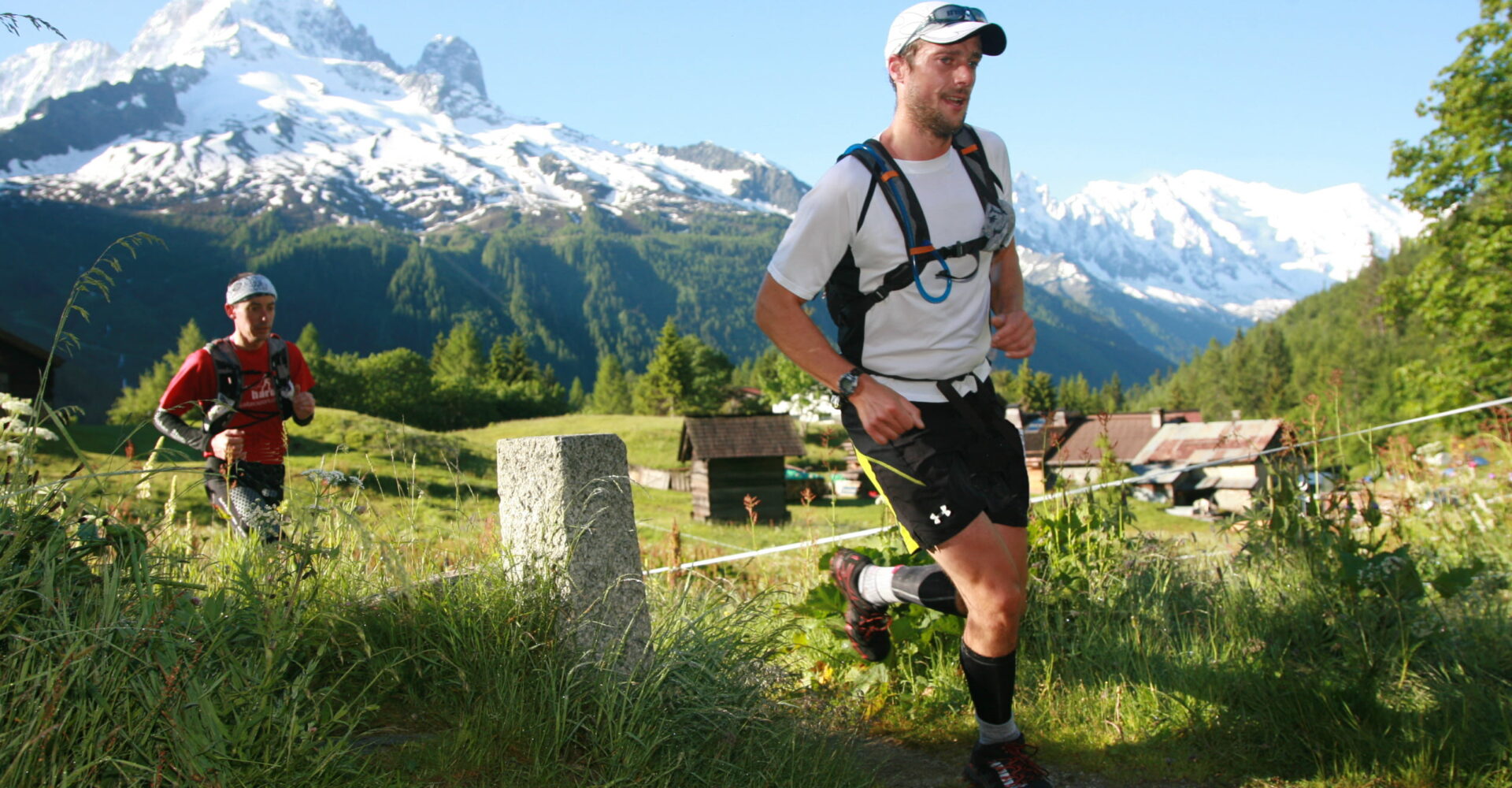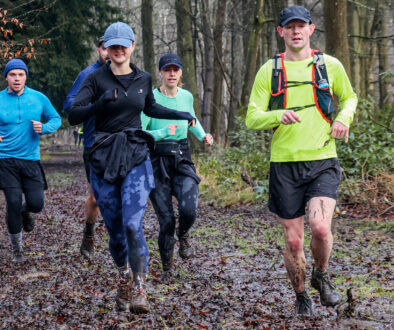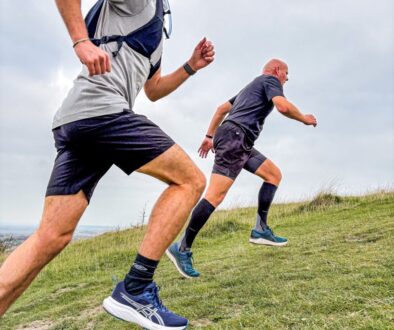Turn around that feeling of failure into success with our 5 key tips. What counts is how we process these set backs. In fact one key aspect about successful athletes is that they take ‘failure’ not as failure but as opportunity for learning and just part of the journey towards their goals. Here’s how…
You signed up to the race one year ago, and instantly made plans about how you were going to get fitter and faster than ever before. You bought the new gear, you imagined how great it would be to have that marathon PB, and you may have even planned what your insta post was going to say. Race day comes around, and despite those good intentions, despite the new gear, the PB remained elusive, and you can’t help but feel a bitter disappointment. Sign up to another race? Quit running and buy a bike? So how do you deal with feeling you have wasted the last few months chasing a dream that remained out of touch?
1 – Find the positive
Rather than dwelling on the negatives, focus on the positives. If your race went to pot at half way, reflect on what a good first half of the race you had. If you struggled from the off, but managed to run that final mile, reflect on how good that last mile was. Did you enjoy the atmosphere? Was it a beautiful route? Did you nail your nutrition strategy?
2 – Be reflective, and be realistic
As a runner it’s easy to think about the runner that we were last year, or the runner we were 10 years ago even, and not the runner we are today. Were your race expectations based on the runner you were on the start line, or the runner you had wanted to be? Had you really hit all your training goals? Did you finish the race having given it everything, or was there something left in the tank? Had you felt the start of a cold leading up to race day?
The older I’ve got (I would say wiser, but I fear its more age related than emotional intelligence related), the more I’ve come to realise that a great training block isn’t likely to be one where I’ve smashed my training objectives for each session, but rather a training block where I get to the end of it without having had to take time off for injury, illness or life annoyances getting in the way. Missing sessions here or there can be glossed over, but missing a few big weeks at a crucial time can have a big impact on a race outcome. I always tell my clients to train hard and race easy. The more you can do in advance to be ready for race day, the more likely you are to get the outcome you want. We tend to get the race we deserve, not the race we want.
3 – How to set more achievable goals
If your race predicted time was based on where you had hoped your training had got you, if the reality is that it didn’t quite get you there, how do you adjust your goals accordingly? If you are in for the long haul and racing anything like marathon distance, if you haven’t done the long runs of 20 miles plus, chances are you will really be feeling it as soon as you are in this new territory, and your pace will come off in the latter stages of the race. If you have skipped the speed/interval/tempo sessions, your chance of maintaining 9minute miles, when you didn’t hit 8.30 on interval reps, means its unlikely you will pull that out the bag on race day. If you are racing a mountainous run, but never quite got round to training in the hills, then its likely the terrain will be an absolute shock to the system, and any pace expectations have to be materially reduced. If you have been injured so had to scale back for the last 8 weeks, there is a high probability either an injury could flare on race day, or the reduced training will take its toll. When setting your goals, only ever finesse them just before the race, so you can really adjust to the runner you are today.
4 – External factors
For anyone that has run the London Marathon, you know that there is about equal chance of snow, rain, plus 20 degrees, or high winds on race day. The weather can be unpredictable, and all of us have a preferred weather to race in, and it might not be our day. Don’t dwell on it, but accept some conditions make a PB less likely. Similarly, if you suffer from runner’s tummy, you may find that even with the best efforts to train your gut beforehand, on race day the combination of nerves, high effort and unusual foods just mean it gets the better of you and you spend half the run trying not to ‘do a Paula’. These things do happen, so pick up, dust off, and look forwards.
5 – Give yourself some time
Before you chuck your trainers straight into the bin, or similarly sign up to a marathon the following weekend, give yourself some time. Take a recovery week or two, sleep lots, eat plenty, have a massage, and enjoy having a bit of a social life back, which you probably sacrificed while training. Don’t have a knee jerk reaction into doing anything straight away, and really have a think about your training and the race. Its ok to not have to go faster or further all the time. Did you enjoy the training anyway, but don’t have the capacity to do more? Ask yourselves these questions, and then from there think about next steps. Nobody can PB every single race forever. Often the biggest gains can be made early in our running journey, and there after it feels you are working harder for ever diminishing gains (until you reach the point where an ultra can suddenly sound appealing as it seems easier to run 1 mile further than 10 minutes faster). Are you both willing AND able to do any more next time round to improve the chances of a better outcome? If the answer is no, then that’s ok, but expectations need to be adjusted accordingly. Its also ok to give yourself a break from the training cycle. It doesn’t mean not running, but rather running for reasons other than specific session outcomes. Run because the weather is nice, run with a friend and you want to be social, run because you want to listen to a podcast, run without a watch or technology, run without worrying what people will think on Strava. Just run for you!
Written by Karin – Running Guide and Coach
Here at Run the Wild whilst our tag line is ‘Exploring Places not Running Races’, that doesn’t mean we don’t like racing! Karin has run many road marathons both in the UK and abroad with a PB of 3h20m. Simon has run London Marathon 8 times with a PB of 2h37m. Both Simon and Karin are also UK Athletics Run Coaches – get in touch if you’d like to discuss your running goals.



